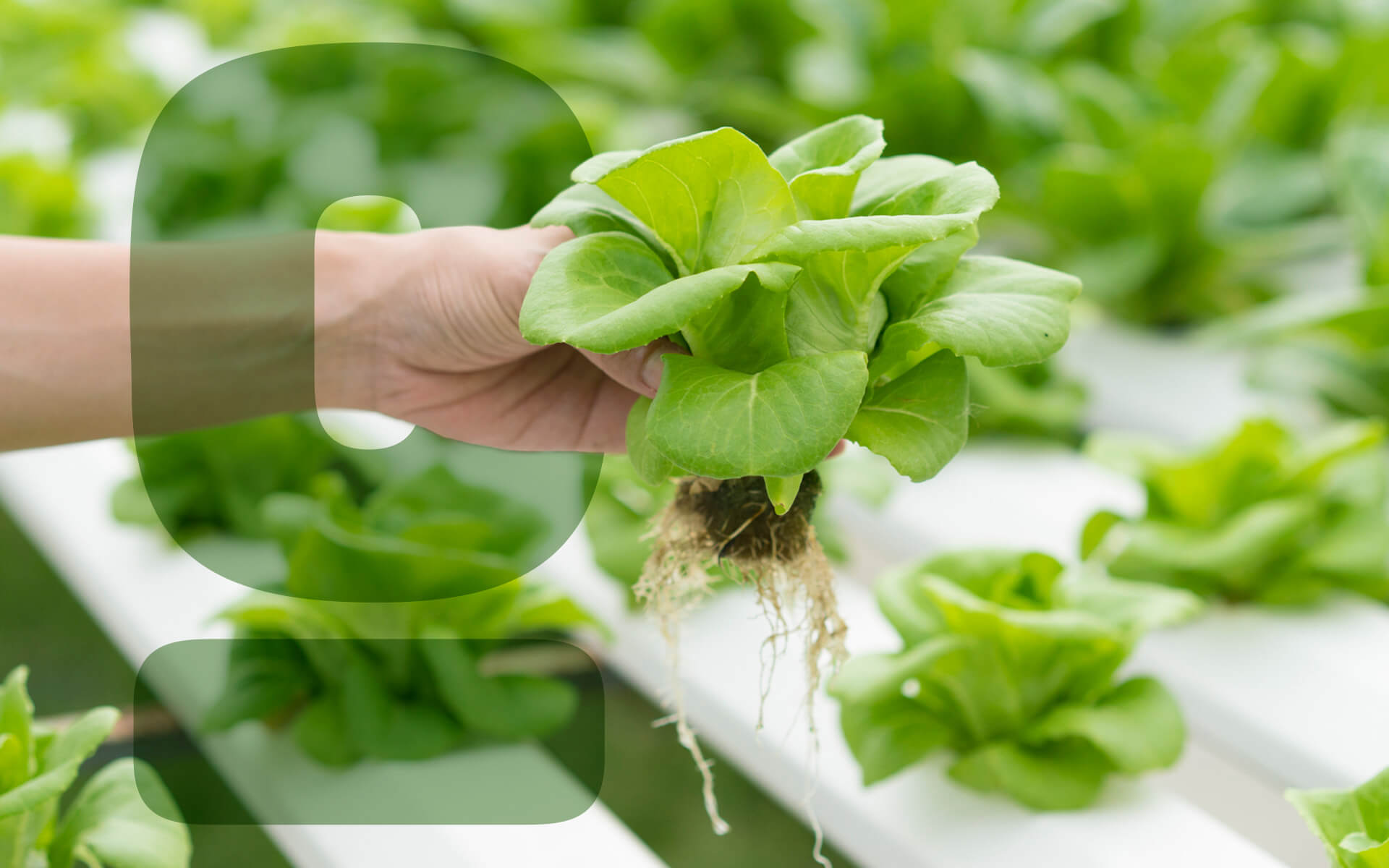
The Top Sustainable Food Companies
We are reader-supported. When you buy through links on our site, we may earn affiliate commission.
The green revolution is influencing individuals’ consumption patterns. Diet impacts about a quarter of one’s carbon footprint, making it an important environmental focal point. Many consumers are solely purchasing sustainably sourced products or growing their own food to minimize adverse ecological effects.
Farmers and food manufacturers are responding to their customers’ demands by adopting conservation techniques. Four companies are committing to sustainable production. Before exploring the brands, individuals must examine the key features of eco-friendly foods.
What is Sustainable Food?
Traditional food production methods are sustainable. As the global population grew and industrialization influenced the economy, individuals stopped growing their own food. Factory farms popped up around the world to support dietary demands.
Transporting food from rural places around the world increases transportation emissions. The majority of vehicles on the road run on fossil fuels. During combustion, they release greenhouse gases into the atmosphere.
The gases are the leading causes of climate change. Nearly 29% of emissions derive from the transportation sector. Sustainable food companies calculate their transportation footprint to develop emission reduction methods.
Another influence on food’s sustainability levels is the farming style. Many farmers engage in monoculture production to create large quantities of food quickly. Unfortunately, the technique causes soil degradation, freshwater exploitation and biodiversity loss.
Sustainable farmers focus on preserving resources and decreasing emissions. They specifically target methane emissions by minimizing cattle production. Methane is a more potent gas than carbon dioxide and influences rising global temperatures.
Four companies are taking environmental responsibility and decreasing adverse environmental impacts. Ecological engineers are also improving heavy machinery to decrease farming pollution. The top sustainable food companies may adopt the technological advancements to protect the environment.
1. Pete and Gerry’s
Pete and Gerry’s organic egg company holds the B Crop Certification. The company works with nearly 120 family farms to minimize factory-derived pollution. The larger egg factories have higher transportation and production emissions.
Working with smaller egg producers decreases pollution and keeps sustainable farmers in business. Some family-owned farms struggle to compete against factory farms. Companies like Pete and Gerry’s keep the eco-conscious producers in business to improve the economy’s sustainability.
2. Hello Fresh
Hello Fresh is another sustainable food company. It also supports family farmers to minimize transportation emissions and resource exploitation. The company is more sustainable than other producers because it pre portions meals.
The pre-portioning significantly decreases food waste. Agricultural waste creates nearly 6% of global emissions, causing adverse climate effects. Hello Fresh also reduces packaging waste by utilizing compostable materials.
3. Beyond Meat
Another sustainable food producer is Beyond Meat. The company targets methane emissions by creating a plant-based meat alternative. Creating the alternative uses about 99% less water than traditional meat.
It also creates 90% fewer greenhouse gas emissions. The company uses pea protein to create its product. Producing plant-based proteins is significantly more sustainable than livestock farming.
Beyond Meat also supports vegan diets. Plant-based consumption patterns have smaller footprints and decrease resource exploitation. Justin’s also prioritizes sustainability by sourcing ingredients that are good for the planet.
4. Justin’s
The company uses organic ingredients to minimize eutrophication. Farmers grow organic foods without synthetic fertilizers and pesticides. The agricultural additives are rich in nitrogen and phosphorus, which adversely affect the environment.
When it rains, stormwater carries the additives to local water sources. In the ocean, the runoff causes algal blooms. As algae grow, they deplete local oxygen levels and cause forced migration.
Organic farmers use natural weed prevention and insect repellent methods. Minimizing contaminant usage improves local conservation efforts. Farmers can also use sustainable technologies to decrease surface-level and atmospheric pollution.
Green Agricultural Advancements
One team of researchers developed an electric tractor to decrease field emissions. The vehicle contains a 60-kilowatt-hour battery which lasts eight hours on one charge. It also releases zero tailpipe emissions, preserving local air quality.
Farmers can also charge their electric tractors using solar to increase the vehicle’s sustainability. Solar energy creates zero greenhouse gas emissions during the production process. It also decreases the cost of energy and farming.
Agriculture professionals can also engage in permaculture practices to decrease ecological degradation. The production practice works with the planet rather than solely taking from it. Whatever resources farmers take from the land they replace to create a sustainable balance.
How to Support Sustainable Food Companies
Consumers can increase the number of sustainable food companies in the industry by enhancing the market demand. Purchasing food from conscious manufacturers may influence other brands to adopt similar practices. Individuals can also invest in technological advancements minimizing agricultural pollution to improve the industry.
Share on
Like what you read? Join other Environment.co readers!
Get the latest updates on our planet by subscribing to the Environment.co newsletter!
About the author

Jane Marsh
Starting from an early age, Jane Marsh loved all animals and became a budding environmentalist. Now, Jane works as the Editor-in-Chief of Environment.co where she covers topics related to climate policy, renewable energy, the food industry, and more.





